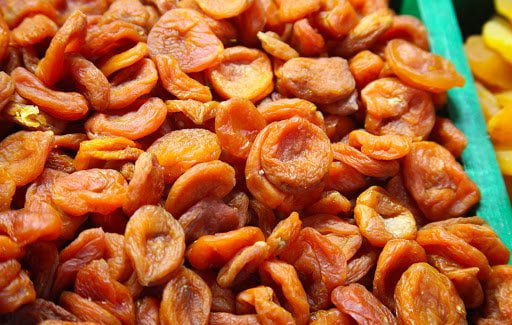A video conference of the Rosselkhoznadzor and the State Plants Quarantine Inspection under the Cabinet of Ministers of the Republic of Uzbekistan took place in the beginning of April.
The Uzbek side spoke about the measures taken after the discovery of a khapra beetle (Trogoderma granarium Ev.), a quarantine pest for the EAEU, in a batch of dried apricots that entered the territory of Russia from the Fergana region of Uzbekistan in December 2020. The Rosselkhoznadzor was forced to impose a ban on the import of all quarantined products from the Fergana region of the Republic.
According to representatives of the foreign department, the conditions of products stored in 23 warehouses in the region is monitored weekly. According to the Uzbek specialists, no cases of pest detection have been revealed for now. In addition, the State Plants Quarantine Inspection, together with the administration of the Fergana region, adopted a program for the protection of industrial areas from harmful organisms for 2021-2022. Cooperation with biological laboratories is underway and agrotechnical measures are being carried out.
The Uzbek side noted that in the near future the country intends to increase the number of logistics centers that accept agricultural products from individuals. Uzbek representatives added that it is private farms that today represent the main source of the spread of quarantine organisms. The increase in the number of logistics centers will provide phytosanitary control (supervision) over plant products produced by local farms.
Rosselkhoznadzor, in turn, appealed to representatives of the State Plants Quarantine Inspection of Uzbekistan with a request to send an analysis of the current situation and the results of measures taken on the territory of industrial farms and greenhouses in the Fergana region.
Furthermore, during the negotiations, the parties discussed the prospects for scientific cooperation in the field of phytosanitary observations between the two countries.
The use of the site materials is free if there is a direct and open for search engines hyperlink to a specific publication of the East-Fruit.com website.




